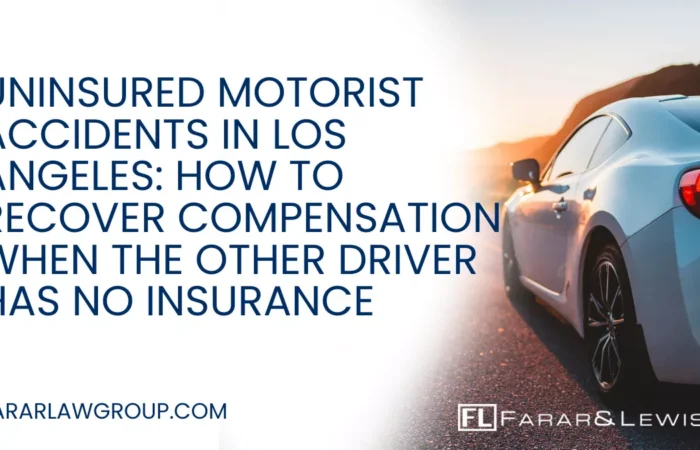Here’s a highly informative article written by Todd Spodek – a top rated criminal attorney. A structured settlement is a way of getting paid in smaller, periodic payments rather than in one lump sum. This is a way of getting paid for your injury. You receive a structured settlement after you file a case in court, and the other side offers to pay you by using a structured settlement. Instead of paying you a lump sum amount, you agree to receive the settlement in smaller payments over a period of time.
To receive a structured settlement, the other side must agree. There are many reasons that a defendant may offer you a structured settlement. In some cases, the defendant’s insurer funds the periodic payments by purchasing an annuity. It’s up to you and the defendant to agree on terms for your structured settlement. Your personal injury law firm can help you draft the settlement in detail.
Tax benefits
There are benefits to receiving a structured settlement. In many cases, the payments that you receive as part of a structured settlement are tax free. Whether or not each dollar is taxable depends on the reason for the payment. That is, compensation for medical bills may not be taxable but lost wages likely are. Your personal injury lawyer can help you determine which of your payments are taxable.
Even when payments are taxable, they’re taxable in the year that you receive them. In the end, you may end up paying lower taxes overall if you spread the payments out into multiple years. It’s important to remember that interest on your payments and punitive damages are likely taxable.
Tailoring the settlement to fit your life
When you agree to a settlement, you can arrange it in any way that you and the other side agree on. This can be helpful to tailor the specifics of the payments in order to suit your needs. You may need a large payment up front to cover expenses and smaller payments later on. On the other hand, you may prefer a smaller payment up front and increasing payments as you get older. In the case of a minor, you may want the payments to continue periodically until the child is old enough to receive a final cash payment and control their own finances.
Choosing a structured settlement allows you and your personal injury attorney to get creative as you think of the best possible arrangement to meet your needs. This can give you peace of mind to know that you have guaranteed income in the future. You also have the assurance that you’ll continue to receive the payments no matter what happens to the economy.
Drawbacks
There are some downsides to a structured settlement that you should be aware of. With a structured settlement, you can’t access future payments if you need them now. If you have unexpected medical bills come up or you want to help someone pay for college, you’re not able to use funds that you haven’t received yet from the paying party.
In addition, with a structured settlement, you don’t have the option to invest the future funds. With a lump sum payment, you can invest the money as you choose. While a structured settlement guarantees your payments in the future, it also prevents you from being able to invest the money you’re going to receive. You’re also subject to changes in the economy that might cause inflation that reduces the buying power of your payments. Your attorney can help you weigh the pros and cons to decide if a structured settlement is the best option for you.
New York laws
New York has laws that protect victims when they agree to receive a structured settlement. These laws are called the Structured Settlement Protection Act. If a defendant offers a structured settlement, they must give the victim detailed and specific information about the amounts and dates of payment. This information must be in writing. It must include details about any costs that may be deducted from the payments.
The law aims to help victims who receive structured settlements. It wants to make sure that victims understand what they’re agreeing to. It also endeavors to make sure that defendants pay according to the terms they agree to in the settlement.
The state attorney general can assist in helping you enforce a structured settlement. If the defendant doesn’t pay according to the terms of the settlement, they can owe a fine in addition to the settlement payments. You can also receive attorney fees if you need help enforcing your structured settlement.


